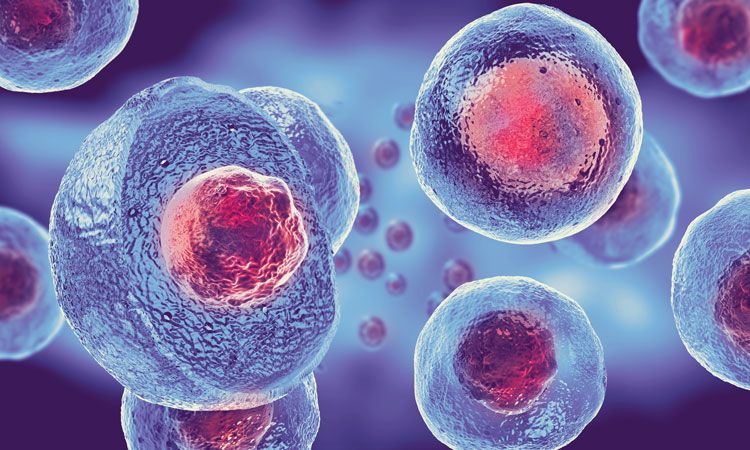You might have stumbled upon the term “stem cells” which has brought you here, with the hope of helping a loved one or maybe yourself too.
Over the past few years, stem cell research has shown promising new medical procedures and treatments for various types of patients. Although stem cell research is still underway for constant evolution stem cell therapy has helped many people up till now.
But before we discuss stem cell therapy, we must understand what stem cells are and what they do.
What are Stem Cells?
Stem cells are similar to raw materials. All cells with specialized functions are generated through stem cells. These cells divide to form further cells, better known as daughter cells in the human body. Then these daughter cells either divide into further stem cells or become specialized cells for a specific body function. These can be brain cells, heart muscle cells or blood cells, etc.
What is Stem Cell Therapy?
Now that we understand what stem cells are and what they do; let’s take a look at stem cell therapy.
This therapy is a form of regenerative medicine. It is specifically designed for repairing damaged cells. Stem cell therapy focuses on modulating immunity and reducing inflammation which leads to the regeneration of the damaged body cells. The way stem therapy works makes it an extremely suitable option for various medical conditions.
To date, stem therapy has been used widely to treat neurological issues, excessive inflammation, orthopedic problems, and other traumatic injuries as well.
However, what is important to know and understand is that stem cell therapy doesn’t “cure” these issues necessarily. For some patients, it might be a permanent solution too. But what the therapy actually emphasizes is to let the human body heal in a way that the symptoms mitigate for a long time span.
In many cases, this tends to enhance the quality of life for several patients who find it harder, elsewhere, to function at their regular pace. It further delays the swift progression of the disease too.
How does Stem Cell Therapy Work?
Stem cells have self-renewal, signaling, and anti-inflammatory properties which influence positive alterations in the human body. These cells have the ability to renew themselves and yield cell development for specific organs and tissues. Moreover, stem cells are adult cells. There are no ethical concerns linked to them.
Can the Body Reject Stem Cells?
Stem cell research has unveiled that there are no chances of cell rejection from the human body. They are immune-privileged and youthful. This simply means that the body has yet to “claim” them and therefore, the possibility of rejection is extremely low. Thus, at the moment it is stated that the body does not reject stem cells if introduced correctly.
Moreover, no blood products are associated with stem cells either. They are accepted universally which is why they are being studied extensively around the world in the medicine industry.
Why are Researchers Interested in Stem Cells?
Researchers around the world have shown immense interest in stem cells. They have high hopes from them and therefore, studies are going on to make their use more common but with confidence and medical evidence.
Here is why stem cells are being studied so much these days and will be progressing in the coming days.
1. To Understand how Diseases Occur:
When stem cells are maturing into cells in various organs or tissues, the researchers are able to understand how they malfunction or what happens during the process, to ignite diseases. The studies are underway to understand how various medical conditions are formed during the cell maturing process.
2. Testing for New Drugs’ Safety:
Before testing new drugs on humans, researchers can utilize specific stem cells to test the safety and quality of the drugs. New areas of study are being developed to make the testing more effective and precise. The cells are programmed to acquire certain properties and then are forwarded for drug safety testing.
3. Generation of Healthy Cells:
Stem cells have the ability of self-renewal which makes them capable of generating into specific cells. To understand how stem cells can repair or replace damaged cells (due to an illness or medical condition), researchers are studying them extensively. Studies have also shown and proven that several medical conditions can be treated gradually through stem cell therapy. People with Alzheimer’s condition, Type 1 diabetes and heart diseases might benefit from stem cells largely. Research for cancer is also underway.
THE BOTTOM LINE:
Diseases that were previously completely incurable, might now be curable through stem cell therapy. However, the effectiveness of stem cells is still being researched. These cells have extensive capability and will be utilized largely in the medical industry, in the coming years. We are already experiencing rapid growth in stem cell utilization and for all the right reasons (definitely).






